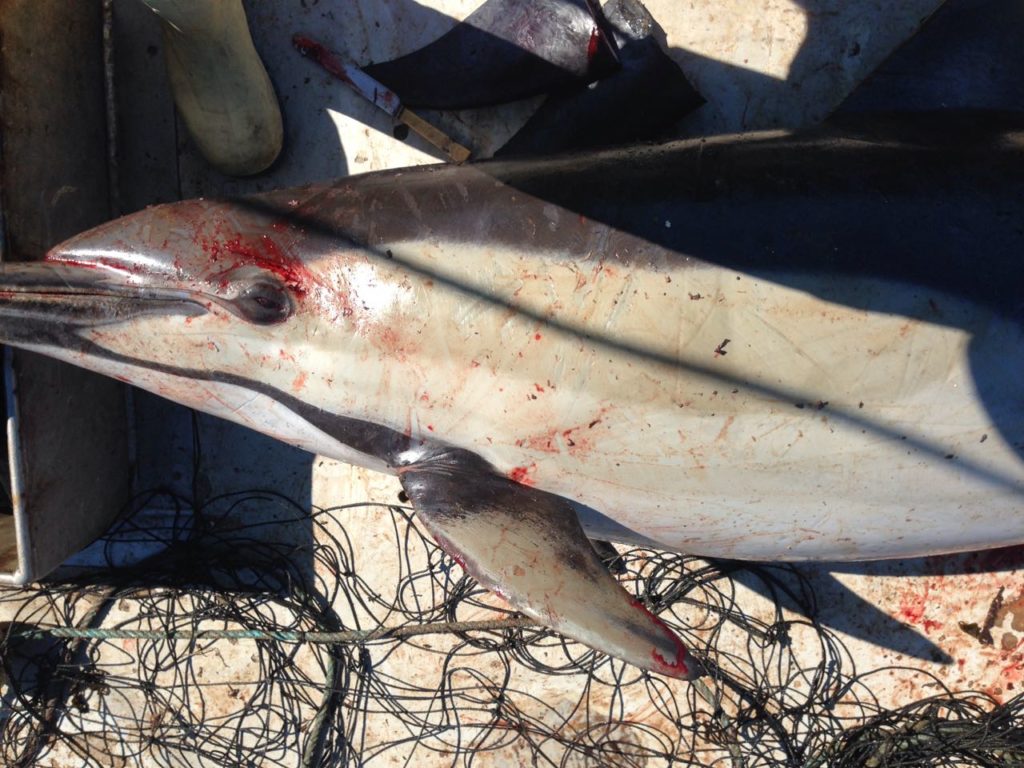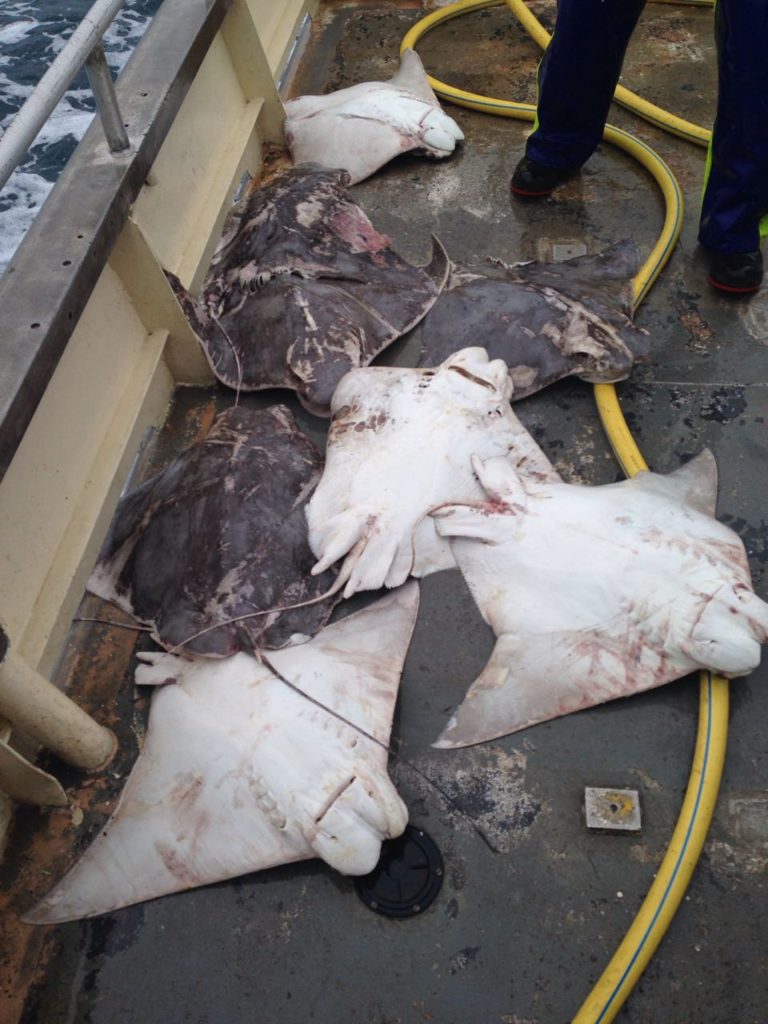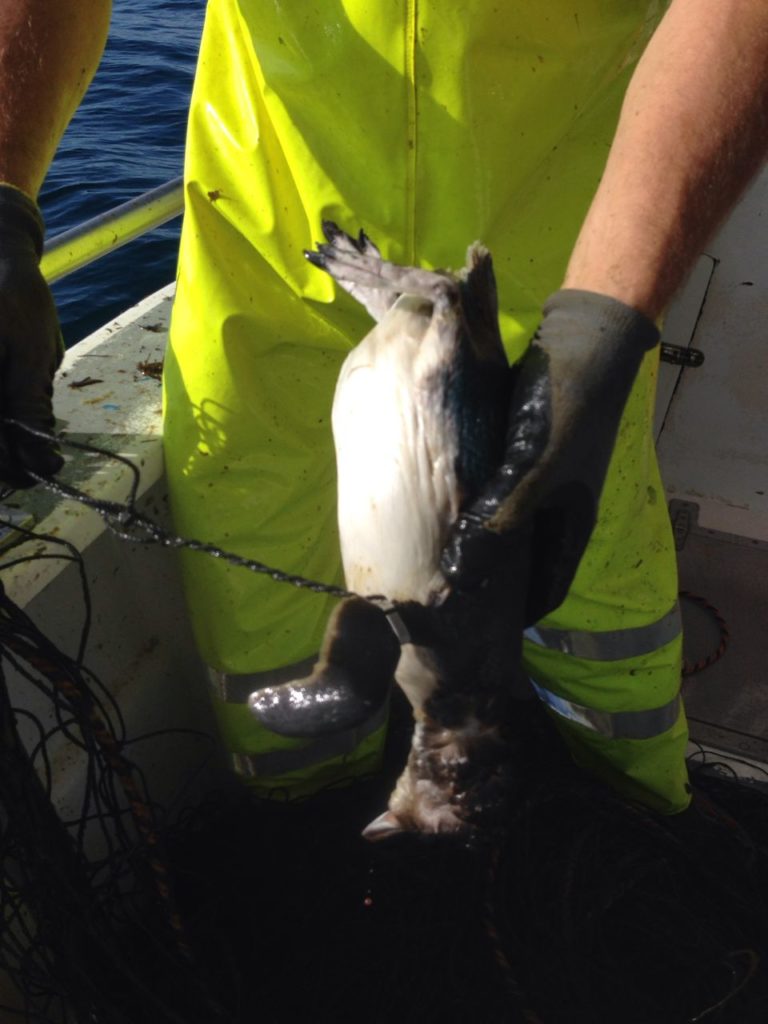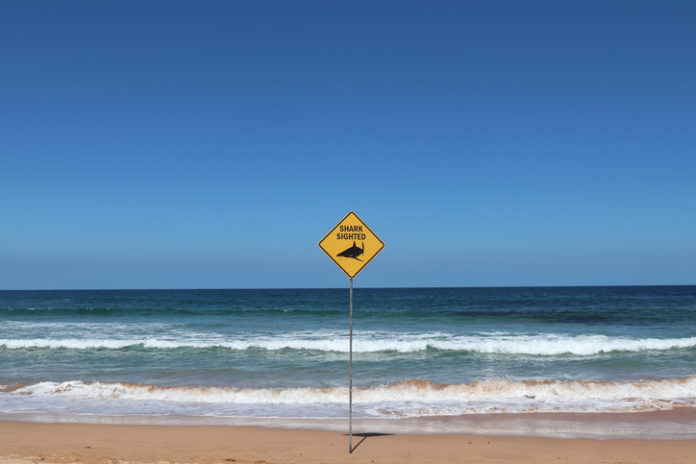Shark nets have today returned to beaches along the NSW coast despite the majority of local councils passing motions earlier this year rejecting their use in favour of more modern swimmer protection technology.
Six of eight council areas that have shark nets on their ocean beaches – namely Northern Beaches, Newcastle, Waverely, Randwick, Central Coast, and Wollongong councils – voted earlier this year to submit to the NSW Department of Primary Industries that they no longer wanted shark nets deployed on their ocean beaches out of concern for the environmental impacts.
The Australian Marine Conservation Society says Sydney coastal councils’ aversion towards shark nets is a view shared by the wider community.
“In Department of Primary Industries (DPI) surveys of NSW residents, shark nets consistently finish dead last in a ranking of preferred shark bite mitigation methods,” it said in a statement released today.
It says NSW’s Shark Meshing Program – which consists of 51 shark nets spanning from Newcastle to Wollongong – has hardly been updated during its 100 years of operation despite significant technological and scientific advancements that have been tested and proven effective in the state.

“Shark nets are blunt, killing instruments that only offer swimmers a false sense of security. Modern alternatives such as drone surveillance are far more effective at protecting swimmers. We can better protect beach goers without needlessly killing marine wildlife, I’d call that a win-win,” said marine biologist for Humane Society International, Lawrence Chlebeck.
Shark nets, which typically measure only 150 meters long and 6 meters in height, provide a false sense of security for ocean users, the Society said.
“Forty percent of sharks are caught on the beach side of the nets and during the nearly 100 years that shark nets have been in use in NSW, there have been 34 unprovoked human-shark interactions at netted beaches in NSW.” it said.

The Society maintains the nets indiscriminately catch marine life, often killing those that become entangled and says even those that are freed suffer from extreme stress and may not survive.
“Since 2012 the NSW nets have caught approximately 3375 marine animals, including threatened species of dolphins, whales, and turtles, killing over 1830 (54%).”
It says modern solutions to bather protection, including drone surveillance, SMART drumlines, personal shark deterrents, and accessible education programs, are not only more technologically advanced but are also designed with nearly a century of advancements in understanding shark behaviour in mind.

“Nowhere in our lives, be it schools, hospitals or at work, do we accept 100 year old safety standards. Why should the beach be any different? We need to listen to the science and enact measures that can actually reduce the risk of shark bite,” said Dr Leonardo Guida, shark scientist at the Australian Marine Conservation Society.


